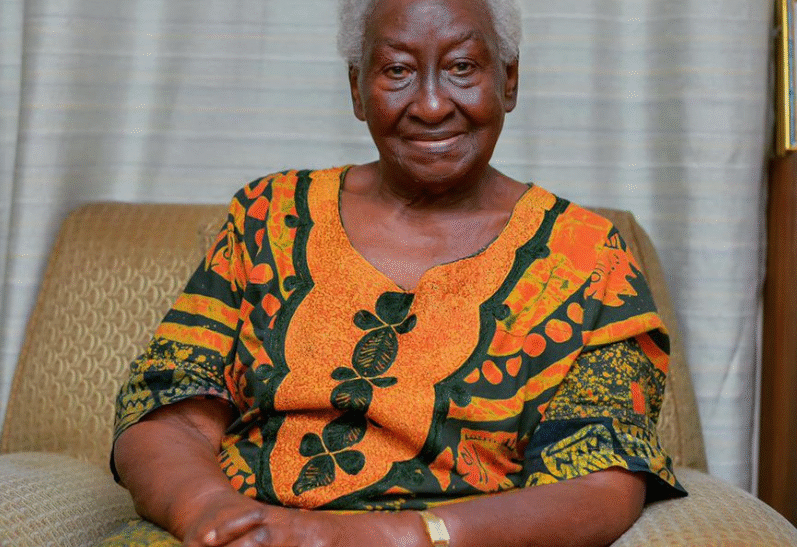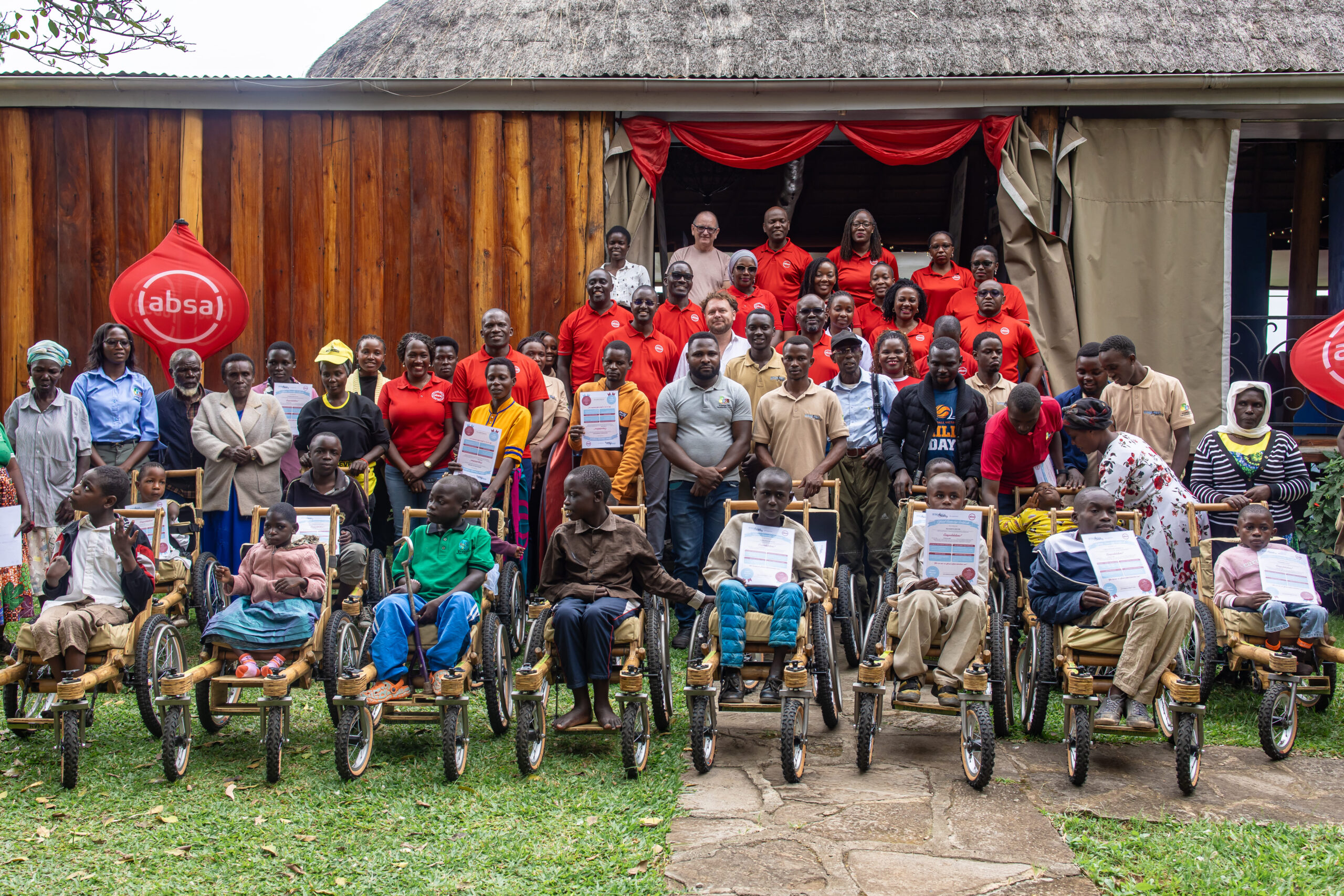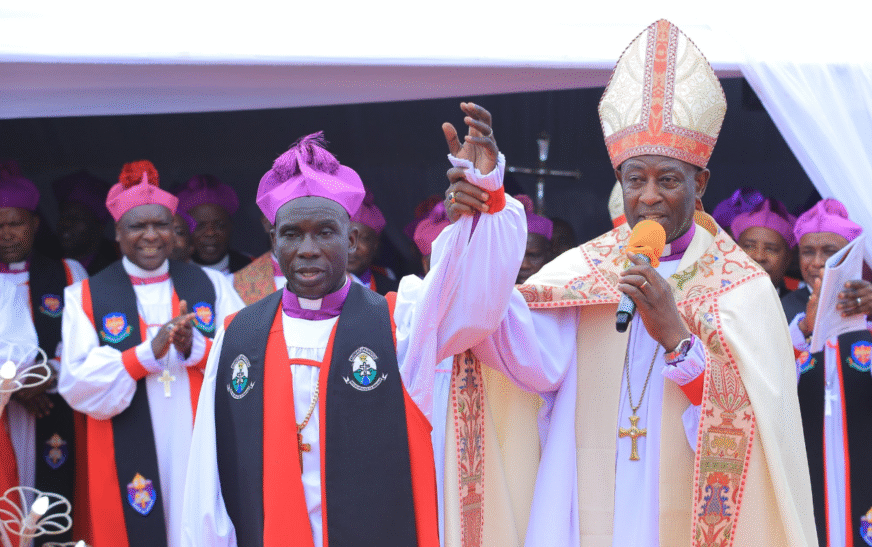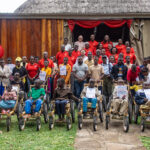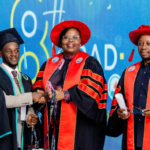Rhoda Nakibuuka Nsibirwa Kalema, one of Uganda’s most influential political pioneers and affectionately remembered as the “Mother of Parliament,” has died at the age of 96.
A trailblazer for women in leadership, Kalema’s political journey stretched across Uganda’s most turbulent and transformative eras. Born in May 1929 at Butikkiro, the official residence of the Katikkiro of Buganda, she was the daughter of Martin Luther Nsibirwa, who twice served as Katikkiro (Prime Minister) of the Buganda Kingdom.
Her early education took her through Gayaza Junior School and King’s College Budo, followed by a secretarial course that led to her early employment at Gayaza High School as secretary and bursar.
In 1950, she married William Kalema, a teacher and later a cabinet minister. His tragic death at the hands of Idi Amin’s regime in 1972 forced her into temporary political retreat. However, Kalema returned to public life with renewed resolve following Amin’s ouster in 1979.
Kalema was introduced to politics by Grace Ibingira and Adoko Nyekon in 1961, joining the Uganda People’s Congress (UPC). She later became a junior minister for Culture and Community Development in President Godfrey Binaisa’s short-lived government.
She served as one of just two women on the National Consultative Council (NCC) in 1979, a legislative body formed under the Uganda National Liberation Front. In 1980, she became a founding member of the Uganda Patriotic Movement (UPM), a party that would eventually give rise to the National Resistance Movement (NRM).
Despite multiple arrests by the notorious State Research Bureau, including in 1979, 1981, and 1983, Kalema remained resolute in her advocacy for justice and representation.
In 1989, she was appointed Deputy Minister for Public Service under President Yoweri Museveni, and later represented Kiboga in the 1994 Constituent Assembly, triumphing over eight male contenders with a landslide victory.
Rhoda Kalema’s mentorship shaped a new generation of leaders, including Ruth Nankabirwa, now Minister of Energy and Mineral Development.
In recognition of her enduring contributions, Kalema was honored in 1996 by the Forum for Women in Democracy as a “transformative leader,” and in 2018, she received the Sudreau Global Justice Lifetime Achievement Award from Pepperdine University School of Law and the Ugandan Judiciary.
Her life was one of remarkable perseverance, principled leadership, and unwavering service to country and community. Rhoda Kalema leaves behind a legacy that transcends politics — a legacy of resilience, dignity, and historic impact.

